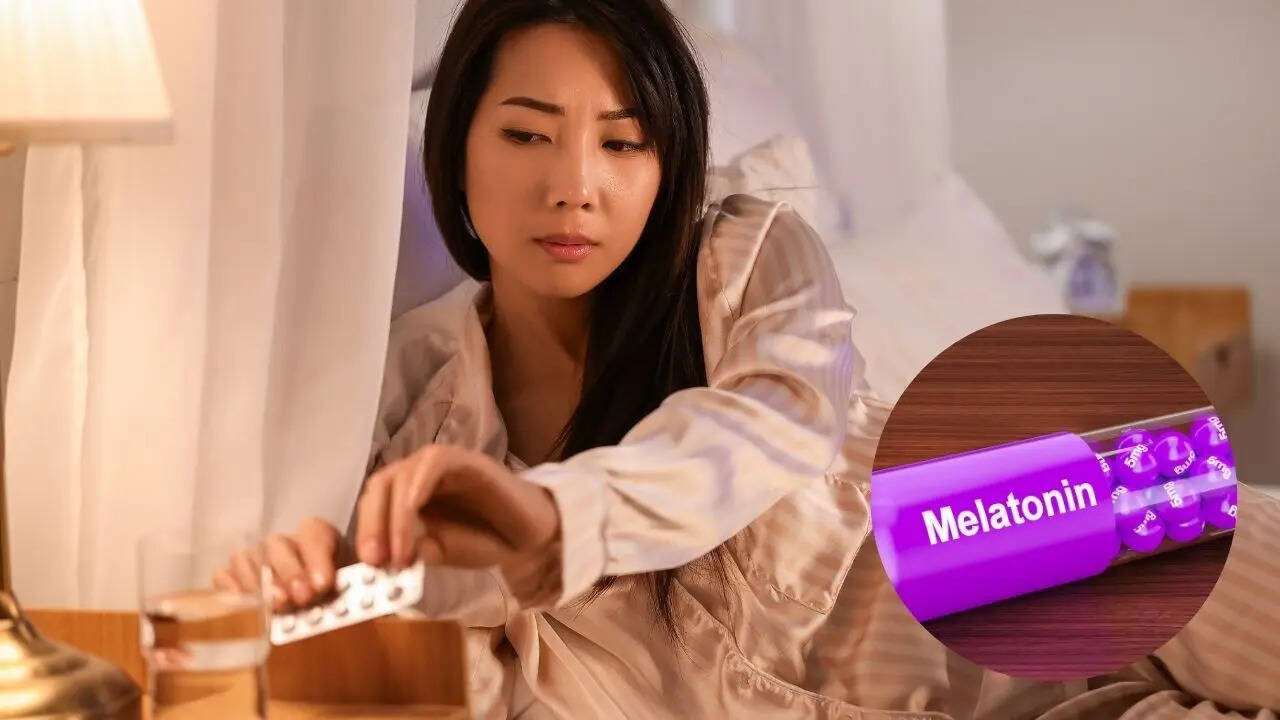Why Are Doctors Warning Against Regular Melatonin Use?

Credits: Canva
SummaryDaily melatonin use is rising worldwide, but sleep experts warn that regular supplementation may disrupt natural rhythms and carry unknown long-term risks. Explore why doctors are urging caution. Keep reading for more details on melatonin use.
End of Article
